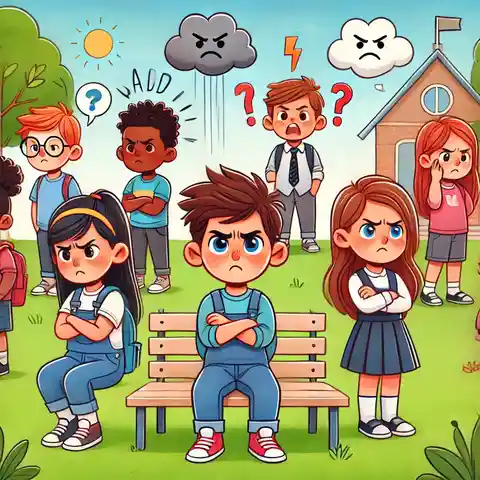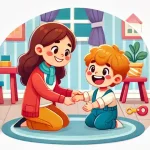Divorce and Children: Everyone knows that divorce can be hard on all parties involved, but the toll it takes on children is often one of devastation. Children may be unsure of why their parents are getting a divorce, so they could experience fear, sadness, or even anger at the idea that aspects of their lives will change.
The way kids react can vary according to age, personality, and situation
What Are The Normal Behavior Changes In Children After A Divorce?
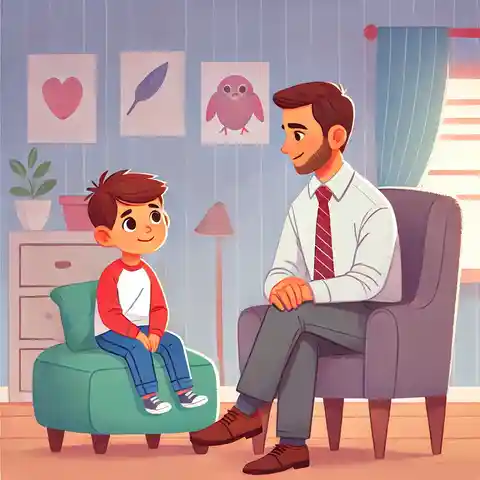
Children can act differently after a divorce. How they respond to these changes can reveal how your ex feels about the divorce. Parents need to take notice of such indications and understand where these can lead. Some common behavioral changes children may exhibit include:
- Withdrawing: Your child may withdraw and become very silent, preferring to sleep a lot or be left alone. They may even refuse to discuss their emotions or engage in social activities with friends and relatives.
- Clinginess: Children of divorced parents may be clingy. They may not want to let any parent out of their sight or have trouble playing alone.
- Sleep or Eating Disruptions: Divorce can also disrupt a child’s sleep and eating patterns. Others might sleep poorly or have bad dreams, going off of their food. Still, others may increase their caloric consumption or sleep more than usual. These changes might indicate that they are stressed or anxious.
Parents need to be aware of these changes.
What effect does divorce have on children emotionally?
How Divorce Can Affect Your Children Emotionally
- Sadness and Grief: Many children feel very sad when their parents divorce. It could feel like losing part of the family, as they may miss how things used to be. The reason is fairly simple—they are coping with a major change in their lives that can be both confusing and anxiety-producing.
- They Might Feel Fear and Worry: Kids may fear the future and what will happen next. My daughter probably thinks about where she gets to live, who looks after her, and whether both of us will keep showing up. These fears are causing children to become anxious and question their future.
- Isolation: children can experience a sense of isolation after divorcing, mainly if they see less than one parent. They could also feel abandoned because they think their parents spend more time with others than them.
This has a huge emotional impact, and parents need to be aware of it in order to support their children adequately.
Why do co-parenting?
- Ensures Stability: When parents work together as a team, they provide emotional stability to their children. It also provides a sense of security; familiarity is very comforting when things are changing.
- It prevents conflicts: Co-parenting helps prevent parents from arguing or disagreeing in front of the children. Not fighting in front of the kids gives them one less thing to worry about — they don’t feel they have to be on either side or concerned about upsetting a parent.
- Promotes Consistency: Co-parenting works to get both parents on the same page with rules, routines, and discipline.
- Keeps Relationships Strong: Co-parenting smooths the transition for children, allowing them to maintain strong relationships with their two parents—who live in different homes.
- Healthy Development: Working together with parents to support their children allows them to develop loving and caring bones.
Dispute resolution services are here when you need them. Ultimately, they focus on what is best for their children and work together without conflict to create an environment where kids feel secure, loved, and cared for.
How does divorce affect children emotionally?
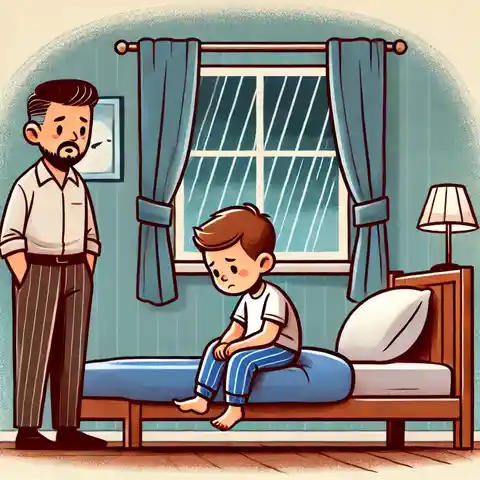
So, yes, divorce can impact a child’s school performance. This will most likely result in attention issues and lower grades.
Other children could become disinterested in school activities or participate less voluntarily.
- Impaired Focus: Kids may be unable to focus in class or complete their homework if they are anxious.
- Money troubles: relationship struggles, and other issues can make it hard for children to succeed in school.
How does therapy aid children in dealing with divorce?? So, what exactly is the role of in assisting kids coping with a breakup?
How therapy can help
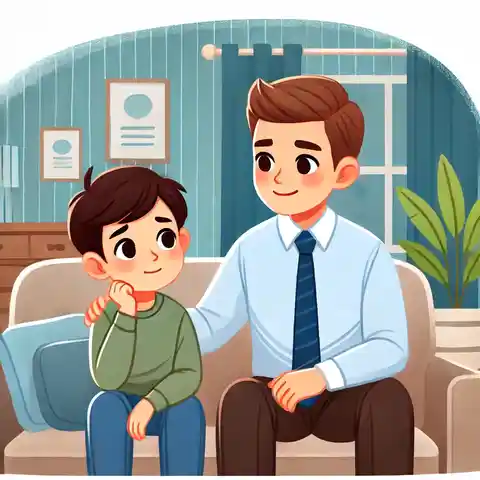
- Emotional Support: A therapist assists children in understanding their emotions. They tell kids that it’s OK to be sad, angry, or confused about divorce.
- Therapy can be a safe place to talk. Children are open and vulnerable and need an environment where sharing feelings is not easy. This environment makes them feel like they matter.
- Emotion Regulation: Therapists teach children strategies for handling their emotions. For some, this may mean paying attention to their breath or thinking positive thoughts, and for others, speaking with a confidant when they are upset.
- Childhood Counseling: Counselling for Children Divorce Help—Therapy helps children understand that the issue of divorce is not because of them. It helps them realize that even though mom and dad may not live together, we still love the kids.
- Improved Communication: Therapy can teach your child how to express their feelings more meaningfully with you. For them, it is a little easier to share the things happening in their lives.
- Family Therapy: This can happen when the therapy involves not only one person but an entire family. It helps everyone learn how to talk and work together.
What can parents do to Help Their Children When They Are Going Through a divorce?
However, as parents, we can be of great help to our minors during a divorce.
Love and Reassurance: Tell your children that it is not their fault for the divorce.
Maintain Open Communication: Respond to their questions truth-fairly and in primary language.
Create a routine: Set an alarm for your meal and another one for when you go to sleep. Also, take care of the child’s school.
Be Consistent: Implement the same rules at both homes.
Do Not Trash the Other Parent: Avoid speaking poorly about the other parent.
You can spend quality time together doing things that the child likes. This will bond your dog and provide some relaxation.
If Your Kid Is Struggling, Get Outside Help: If you are your child is not coping well with it, speak to a professional therapist or counselor.
Be patient and understand: Children may need time to get used to the divorce process.
Parents who show love, openly talk, and are supportive are the best ways to help children handle divorce better. Kids need to trust that you are always there for them, even when they do something wrong.
Children will have mixed feelings about the divorce process because it is one change that could be traumatic. However, kids can adapt and succeed with just a few tips. Parents can help by loving, keeping routines in their homes, and communicating openly about feelings.
Children feel secure when co-parents work in unison and maintain a home base. They understand how kids might feel, take the time to answer their questions, listen when they have something to say…. and are always ready with a hug.
